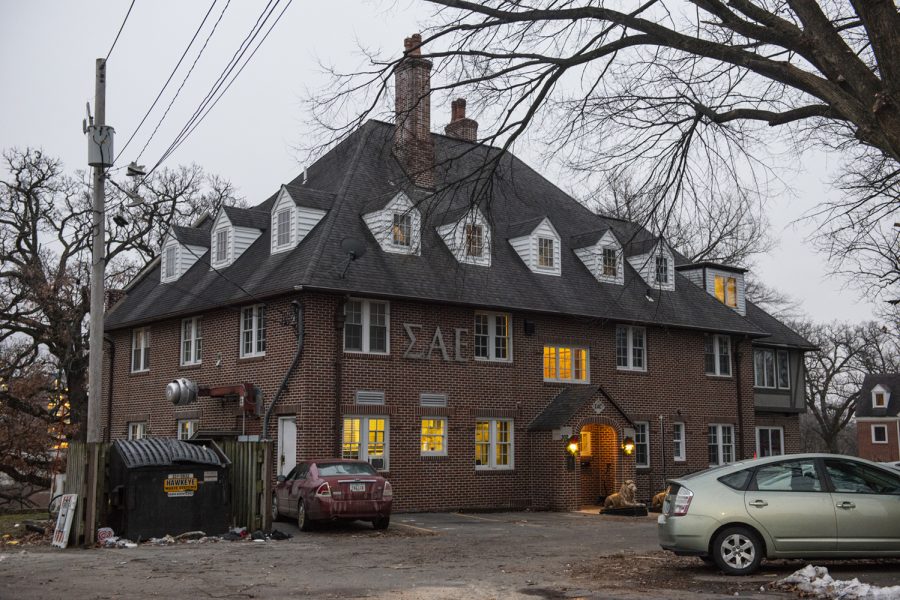A new law that allows convenience stores to distribute hard alcohol without meeting special requirements will likely provide a boost to the businesses across the state, proponents said.
But the new rules could prove troublesome in Iowa City, where officials have been working to reduce underage students’ access to alcohol.
“I don’t think this is a good thing for Iowa City, given all the problems we’ve had with alcohol historically,” Iowa City Mayor Matt Hayek said. “Making access to alcohol even easier is counterproductive.”
City Clerk Marian Karr said the City Attorney’s Office is looking into provisions the city can take against the bill.
Gov. Terry Branstad signed the bill Wednesday to permit convenience stores to sell liquor in its main aisles. The bill also contains a provision that limits the amount of caffeine and other stimulants that can be added to alcohol, effectively banning such drinks as Four Loko.
The law — effective upon enactment — makes it possible for convenience stores and other businesses to obtain a Class E liquor-control license.
Prior to the bill’s signing, convenience stores were required to store and sell liquor in a separate room with a separate cash register and a separate entrance.
The license fee for a convenience store with a permit to sell liquor will be $4,300, according to the bill’s fiscal note. Of the 2,200 convenience stores located in Iowa, an estimated 200 would seek permits to carry liquor. The 200 additional licenses would result in approximately $2.9 million in state revenue for fiscal 2012, the note said.
Sen. Thomas Courtney, D-Burlington, who voted in favor of the bill, said the increased availability of liquor means more convenience for small-town residents.
“The local convenience store is the only place [small-town residents] have,” he said. “[The bill] makes [liquor] available for small towns.”
But opponents of the bill argue the increased availability of liquor will raise safety issues.
“I don’t see any significant benefit to the sate,” said Sen. Joe Bolkcom, D-Iowa City, who voted against the bill. “We’re going to see more people drinking and driving. That cost will exceed any financial gain.”
And liquor-store owners said they are concerned the increased availability of liquor could make it easier for underage Iowans to obtain alcohol.
Edgar McGuire, the owner of Bootlegging Barzini’s in Coralville, said he thinks the bill will result in younger cashiers being able to sell high-proof alcohol to friends at gas stations.
“It’s the stupidest thing ever,” McGuire, 31, said. “We need more regulation [on liquor], not less.”
He said allowing gas stations to carry hard liquor could have a negative effect on the profits of liquor stores.
Some local convenience-store employees expected an increase in traffic.
“I have a feeling that there would be more customers [at convenience stores],” said Rhenn Atwell, a cashier at a Deli Mart in Coralville. “It is more convenient for people who live nearby.”
Atwell, 20, also said he didn’t expect a substantial increase in business but acknowledged increased availability for underage residents could be an issue.
“[Liquor in convenience stores] could cause safety concerns, but it will be the same as going to the grocery store,” said Kris Thompson, 21.






